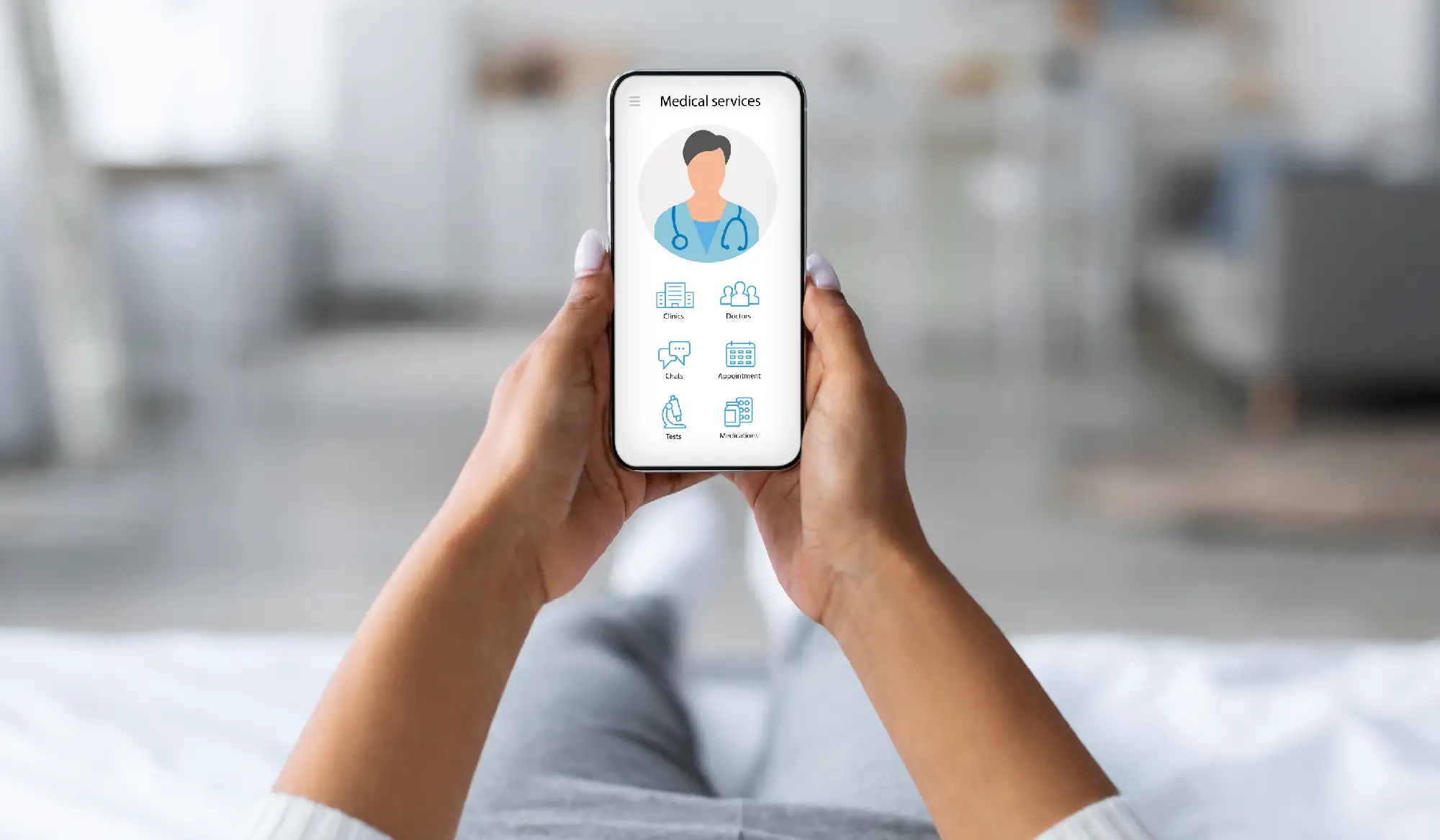In the rapidly evolving landscape of healthcare, patient engagement has become a pivotal factor in delivering exceptional services. The role of patient engagement cannot be overstated as the industry continues to embrace and refine digitization. Beyond mere convenience, it plays a crucial role in exceeding patient expectations, fostering better communication, and ultimately improving health outcomes. In this blog post, we will delve into the significance of patient engagement solutions.
Understanding Patient ExpectationsToday's healthcare consumers are more informed than ever before. With access to a plethora of information online, patients expect a seamless, personalized, and accessible healthcare experience. They demand top-notch medical care with effective communication, convenience, and active participation in their own well-being. Meeting and exceeding these expectations are vital for building trust and loyalty, factors that are integral to the success of any healthcare provider.
The Role of Patient Engagement SoftwarePatient engagement software serves as the bridge between healthcare providers and patients, offering a range of features that enhance communication, streamline processes, and empower individuals to manage their health. Here's why these platforms are indispensable in exceeding such expectations:
Personalized interactionsPowerful patient engagement software enables healthcare providers to deliver personalized interactions. From appointment reminders tailored to individual preferences, to targeted health education materials, personalization fosters a stronger connection between patients and their providers.
Convenient access to informationPatients value the ability to easily access their health information. Patient engagement platforms provide secure portals where individuals can view test results, medication lists, and treatment plans at their convenience, promoting transparency and informed decision-making.
Efficient appointment managementModern patient engagement software allows for seamless appointment scheduling, reminders, and virtual consultations. This enhances the patient experience by reducing wait times and ensures that healthcare providers can optimize their schedules for improved efficiency.
Active health monitoringMany advanced patient engagement platforms integrate with wearables and other health monitoring devices. This proactive approach to healthcare allows for the continuous monitoring of patients' vital signs, facilitating early detection of issues and interventions.
Feedback and surveysSoliciting patient feedback is crucial for continuous improvement. Patient engagement software often includes features such as surveys and feedback mechanisms to gather information about patient satisfaction.
Educational resourcesEmpowered patients are better equipped to manage their health effectively. Patient engagement software can deliver relevant educational resources, empowering patients with the knowledge needed to make informed decisions about their care.
ConclusionIn an era of high patient expectations, healthcare providers must leverage the capabilities of powerful patient engagement software to exceed these demands. With this technology, providers can enhance the patient experience by improving outcomes, strengthening patient-provider relationships, and fostering a culture of proactive healthcare.
As the healthcare industry continues to embrace digital innovation, the implementation of robust patient engagement solutions is not just a trend but a necessity. By prioritizing patient satisfaction and leveraging technology, healthcare providers can redefine the standards of care delivery in a way that benefits both patients and providers alike.



